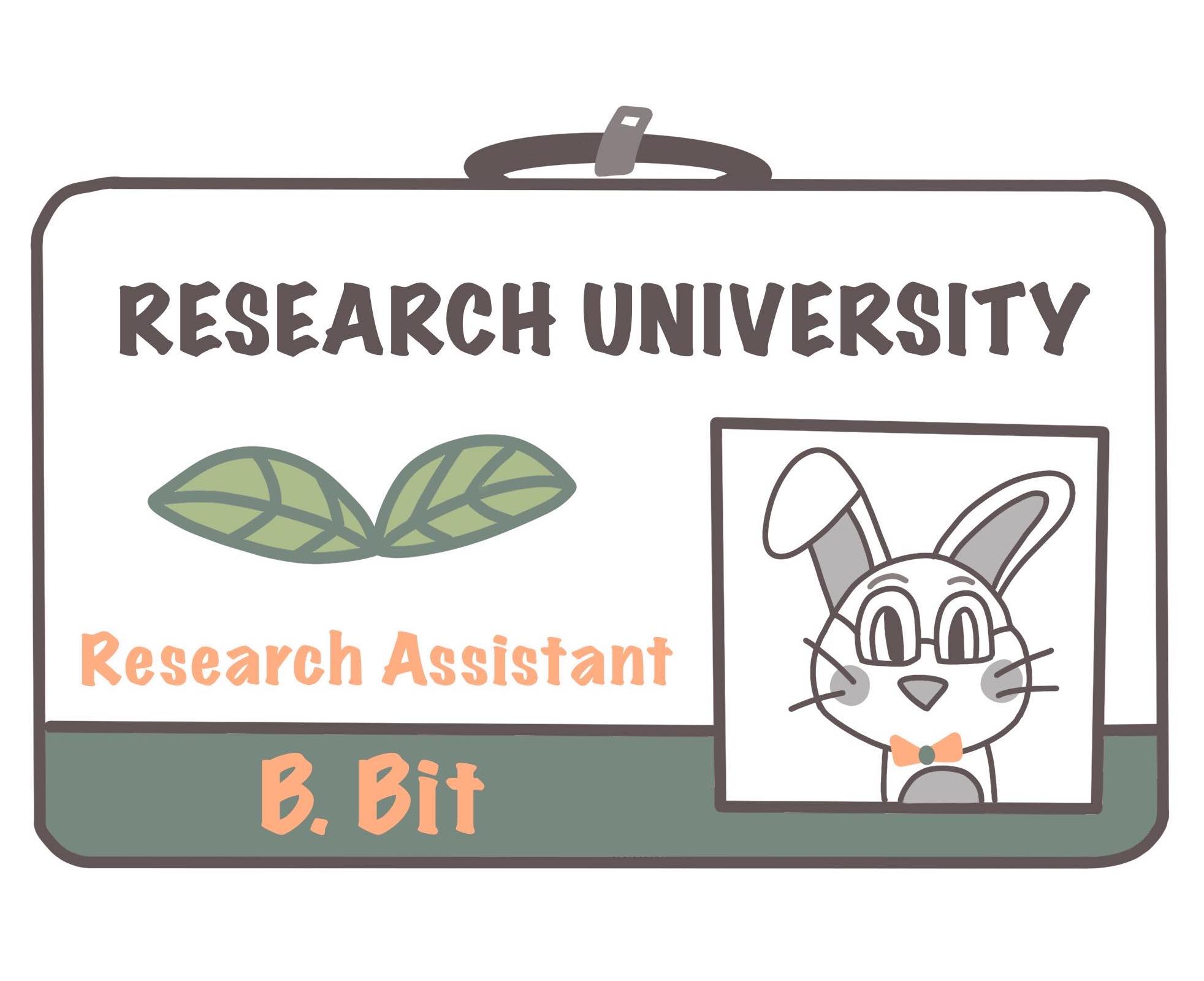Welcome to the Econ RA Guide!
ANNOUNCEMENT: We are looking for new volunteers to take over this page!
November 2024
This webpage has been active for nearly four years. In that time, we’ve had tens of thousands of unique viewers to the page. We deeply appreciate the positive feedback we’ve received from both current and aspiring economists regarding its content.
However, we no longer have the capacity to maintain and update the page to ensure it remains as useful as possible for new Research Assistants (RAs) going forward. As a result, we would like to hand over the keys to this website to a new group who can create a new and improved “version 2.0.”
If you are interested in taking on this role, please email qle@hbs.edu.
Thank you again for your support and interest!
Quan
What is an RA?
It is increasingly common within economics for people to work as a research assistant (RA) for a year or two after getting a bachelor’s or master’s degree, but before beginning a PhD program.1 RA positions are essentially apprenticeships: they can give young economists the chance to strengthen their skills, build their CVs, and gain research experience before committing to more schooling. RA positions that are specifically targeted at people interested in continuing on to PhD programs are often referred to as “pre-docs” (short for pre-doctoral fellows). You might also see RAs called research associates or research fellows, but throughout this guide we’ll stick with “RA”.
RA positions can take many different forms. In general, though, RAs can count on working closely with PhD economists and contributing to projects at all stages of the research process— especially the data cleaning and processing phases.

What is this guide?
This guide is a community resource and a living document compiling the experiences of almost 40 (and counting!) current and former RAs in economics. Our goal is to help undergraduate or recently-graduated students who are interested in the economics profession and are contemplating the following:
- Is applying to an RA position a good idea for me?
- How can I put together a strong application for an RA position?
- Once in an RA position, how can I make the most of my RAship?
For the most part, we the contributors have worked as RAs in the U.S., primarily within applied, empirical subfields of economics. We therefore focus on “office-based” RA positions in the U.S.: full-time, post-baccalaureate RA positions at universities, government agencies, NGOs, and think tanks, with work primarily done in a U.S. office setting. However, some of our advice may be relevant for undergrad RAs working either part-time during the school year or full time over the summer, “field-based” RAs working on survey piloting or data collection, and RAs working in other countries.2 Although working in economic consulting is another common pre-doctoral position for economists, it is different enough from working as an RA that we do not provide any information specific to these roles in this guide.
We do not claim that the information in this guide is fully representative of what being an RA looks like. Nevertheless, we hope that the information we have compiled here makes it easier for people of all backgrounds to access RAships and the opportunities they bring.
Contributors
This guide was primarily compiled and curated by Coly Elhai, Quan Le, Kai Matheson, and Carolyn Tsao. It is currently run by Harriet Brookes Gray and Cate Brock.
We are grateful for the extensive contributions of many current and former RAs, PIs, and RA managers including Odichinma Akosionu, Zara Ali, Arkey Barnett, Keelan Beirne, Aaron Berman, William Chen, Alvin Christian, Matthew Alampay Davis, Cecile Delcuvellerie, Akshay Dixit, Michael Fryar, Mei-Lynn Hua, Zong Huang, Matt Jacob, Sarah Jacobson, Nikita Kohli, Sarah LaBauve, Pauline Liang, Namrata Narain, Trang Nguyen, Savannah Noray, Lucy Page, Paola Villa Paro, Adam Rosenberg, Dominic Russel, Karl Schulze, Landin Smith, Dustin Swonder, Lindsey Uniat, and Owen Zidar.
Many thanks as well to Zong Huang, Pauline Liang, and Dominic Russel, who helped supplement our first-hand experiences with statistics from their survey of 203 full-time RAs in the U.S., conducted in the spring-summer of 2020. RAs in the survey were not randomly sampled, but do represent a broad subset of the office-based RA population.
Finally, we thank Annie Le for providing illustrations of our mascots, RA B. Bit and PI G. Eon.
Contact us
RAships are both highly varied and ever-changing. We aim to regularly revise this guide so it is a living document that remains a helpful resource for the economics community. Please write us your comments and suggestions or to let us know if this guide has been useful to you in any way at
researchassistantguide@gmail.com
We’d love to hear from you.
This version is v1.0, last updated December 21, 2020.
2 Field-based RA positions are based in the region of study, and are beyond the scope of this guide as the positions can be very different in terms of day-to-day work. Some positions require specialized skills (e.g. knowing a local language, or having a good understanding of the local context/history/culture). However, since all RAs must work with PIs and RAs sometimes switch between field-based work to office-based work, we hope that parts of this guide may still be useful for field-based RAs.